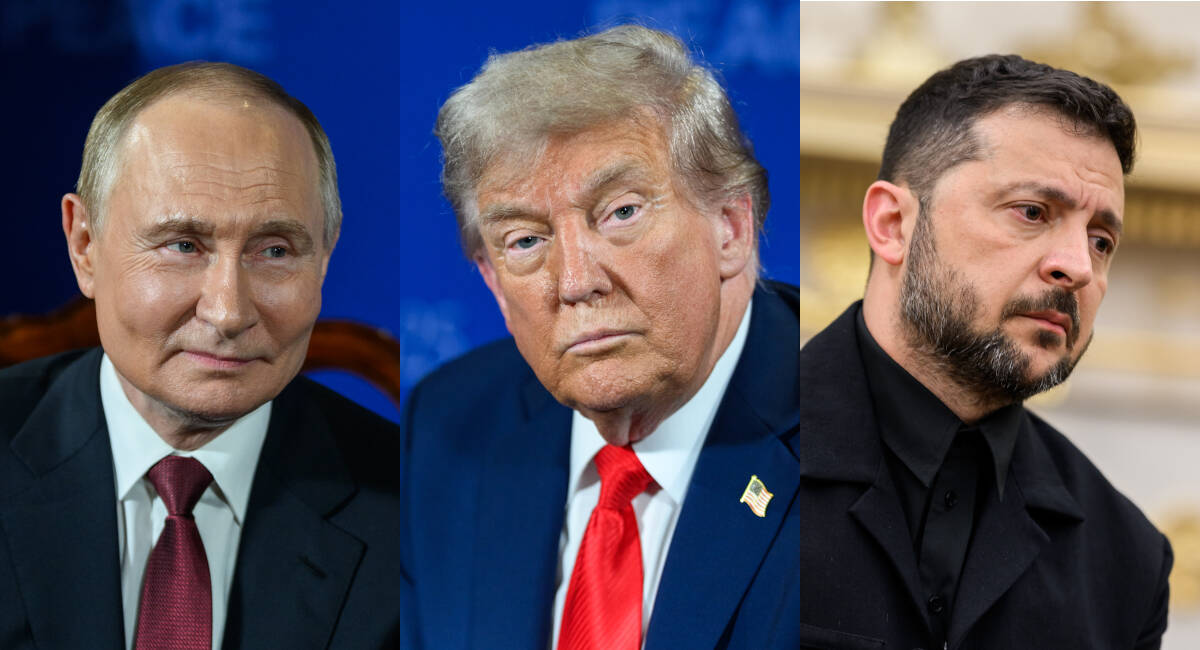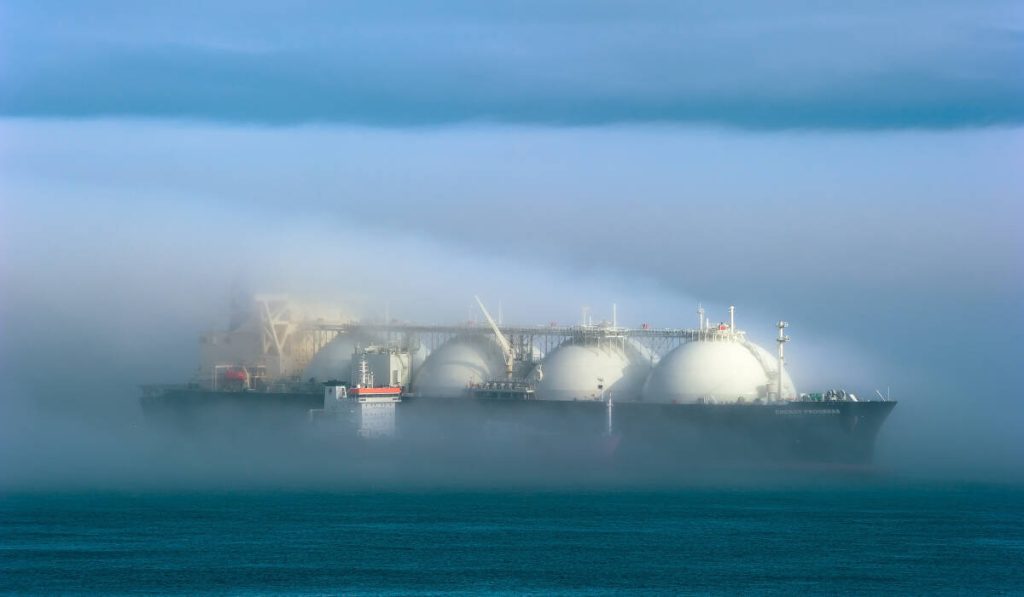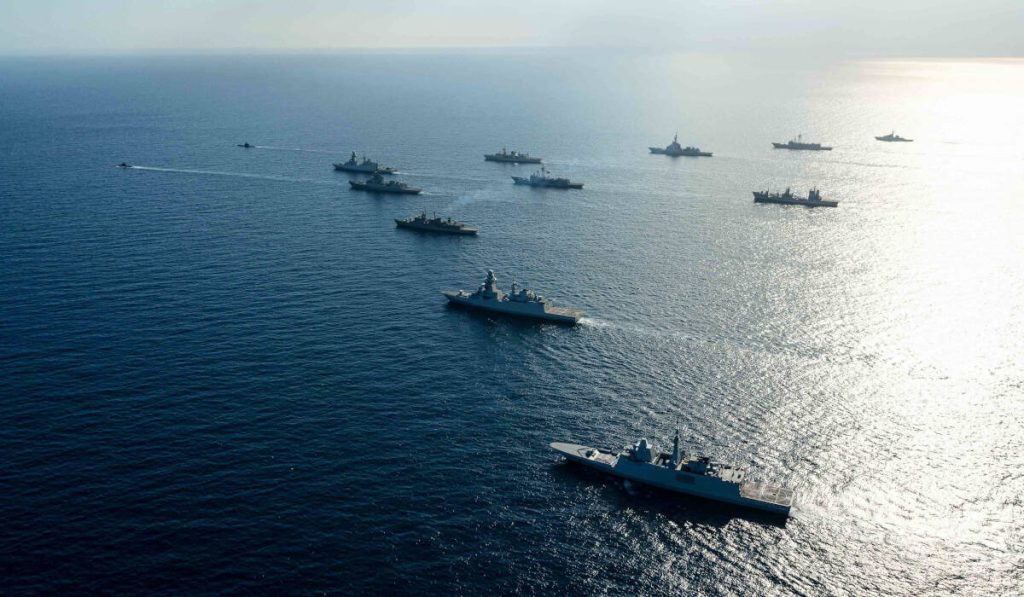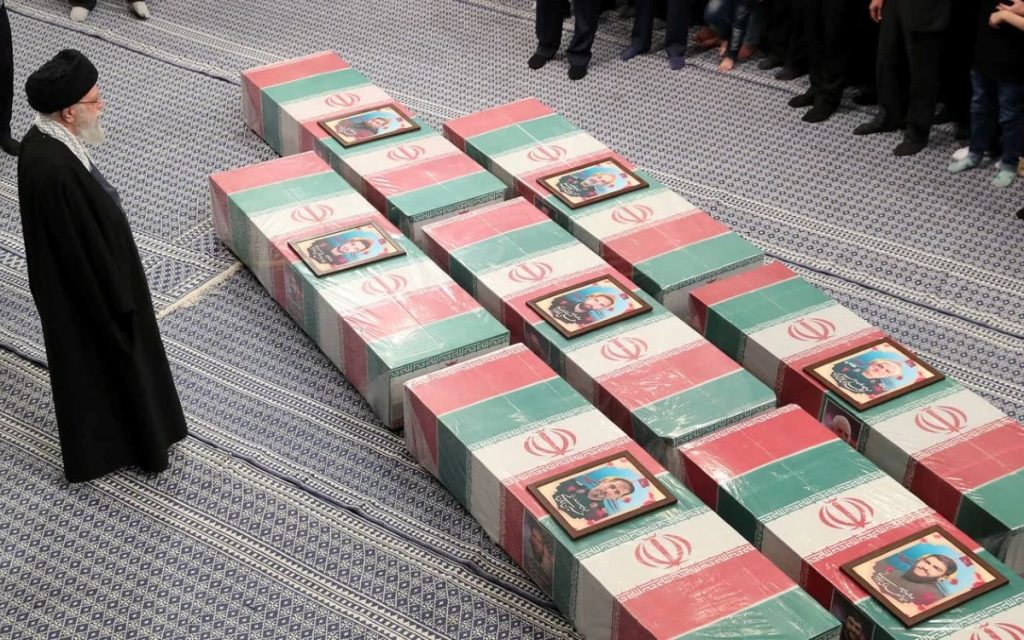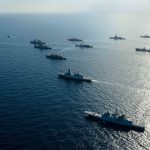On August 20, Sky Insider published an analysis by Carlo Cottarelli on the state of the Russia–Ukraine conflict, structured in seven points. Below we reproduce them in full and provide commentary.
1. Diplomacy
“Despite the lack of results, at least at the public level, it is a good thing that the two meetings took place. After three years of war, it was necessary to push toward a diplomatic solution, and for this, a meeting including the American President was required, because, even in the 21st century, without the involvement of the United States one cannot resolve a war like the one initiated by Putin.”
On this point one can agree, although the definition of “lack of results” seems excessively pessimistic. After the meeting in Alaska, in fact, the United States accepted the Russian position that a ceasefire is not a priority objective: one can aim directly for peace negotiations.
2. Territorial concessions
“It is now clear that a peace agreement, whether now or in the future, will require the cession of Ukrainian territory to Russia, in a more or less formal way. The extent of such concession remains one of the open questions, and it is not certain that it can be resolved in the coming weeks or months, but something significant beyond Crimea will be required.”
This assessment appears realistic and there are no further remarks to add.
3. Russia’s objectives
“This concession does not mean that Putin has obtained what he wanted. In the first weeks of the conflict, it was clear that he was aiming at Kyiv and at transforming Ukraine into a vassal state. Fortunately, that will not be the case. This should silence those (and there will be many) who, once an agreement is reached, will argue that a diplomatic solution should have been pursued much earlier, immediately even, that fighting was useless, that Europe and the United States should not have given Ukrainians the means to defend themselves, and that it would have been enough for them not to insist on surviving as a free nation for the war to end after a few days. This is nonsense. It is thanks to the heroism of the Ukrainian people that Putin was forced to moderate his ambitions and settle for what was necessary for him, in terms of territorial gains, to save face.”
In reality, it is not Russia but the West that is trying to save face, having pushed toward a war that it is now losing. Putin never had any interest in a vassal Ukraine, but simply in a neutral one. Territories like Galicia, hostile to Moscow, were never a Kremlin objective. This was never a war of expansion, but an operation aimed at protecting the Russian-speaking population of the southeast. The idea of a Russia with ambitions stretching to Lisbon serves only to justify the Western defeat. In March 2022, an agreement could have been reached on Ukraine’s neutrality and broad autonomy for the Donbass. The West chose war, and today it faces a Ukraine without five regions and a European Union in crisis.
4. Security and propaganda
“The cost that Russia has suffered in terms of human lives should be enough to convince Putin not to attempt a third attack on the neighboring country (after those of 2014 and 2022). But since the rationality of the Russian leader cannot be relied upon, it will be essential that the agreement reached guarantees absolute security for Ukraine against new Russian threats. The Washington meeting seems to suggest that Trump intends to involve the United States in guaranteeing Ukraine’s security, if not with ‘boots on the ground’ at least with air and cybersecurity coverage. This is essential. Ceding territory to Russia will remind some of the cession of the Sudetenland to Hitler, and we know how that ended. But the analogy will be lost if NATO, including its most important member state, ensures a prompt intervention in case of a new threat.”
Talking about a “Russian attack” on Ukraine in 2014 is a historical inaccuracy: in that year Kyiv chose to bomb and besiege its own people in the Donbass, causing thousands of civilian deaths. Attributing the start of the war to Russia means erasing the responsibilities of the Ukrainian authorities.
5. Ukrainian heroism and European security
“The heroism of the Ukrainian people has also strengthened the security of the rest of Europe, because after more than three years of war without being able to defeat a nation with a population one-quarter that of Russia, Putin will think twice before attempting an invasion of other countries. That said, if Putin’s aggression requires Europe to increase its defense spending, I remain of the opinion that an increase such as that now contemplated in the NATO framework is excessive, precisely because the failure of Russian aggression, despite the enormous imbalance of population compared to Ukraine, demonstrates that Russia is much less powerful than the Soviet Union was.”
Here the reasoning appears reversed compared to reality. Ukraine has lost, and with it the European Union. This is demonstrated by past statements: Giorgia Meloni on February 21, 2023 assured, “We will stand with you until victory.” Giuliano Ferrara wrote that “Ukraine is giving Russia a real beating.” Beppe Severgnini argued that Putin “is already the founder of the European Ukraine.” Vittorio Emanuele Parsi predicted that “the Russians cannot sustain another six months of conflict.” Nathalie Tocci announced that “the war will continue and that Ukraine must win.”
Today, the facts have contradicted those certainties, and the clumsy attempt to transform a resounding defeat into the containment of Russia’s expansionist aims seems destined to fail.
6. The return of diplomacy
“After months of uncertainty, the Washington meeting brought the United States and Europe closer together, something essential for both sides of the Atlantic. After so much criticism, it must also be acknowledged that the main countries of our continent (Germany, France, Italy and the United Kingdom), with the support of the European Commission, have in recent months managed to show a united front, which was absolutely necessary, and will continue to be so, in order to allow for a diplomatic solution that is just and sustainable.”
In this case the analysis appears more measured and balanced.
7. The role of China
“It is striking how absent from recent developments is what should be considered the real ‘guest of stone’: China. Some will argue that this proves that China is not yet capable of playing the political role of hegemon that the United States has played for a century. I would not be so sure. If Russia could not count on China’s economic support, perhaps Putin would not have been able to invade Ukraine or, at least, the effect of Western sanctions on Russia’s war effort would have been more marked. China acts more quietly than the United States, but not less effectively. Economically it is now at the same level as the United States, and in some critical aspects even surpasses it (just think of steel production, twelve times greater than that of the US). One can only hope that the confrontation between the two hegemons of the 21st century remains on the economic plane. We would not want the next geopolitical crisis, perhaps around Taiwan, to see a direct confrontation between these two superpowers.”
Here too the tone is more balanced. The assessment of China’s silent but decisive role is reasonable, although only time will confirm it.
We can state that when not repeating Western propaganda, Cottarelli offers more balanced analytical insights, as in points 6 and 7. In the passages where instead he overturns the reality of the facts, his interpretation proves far less credible.

